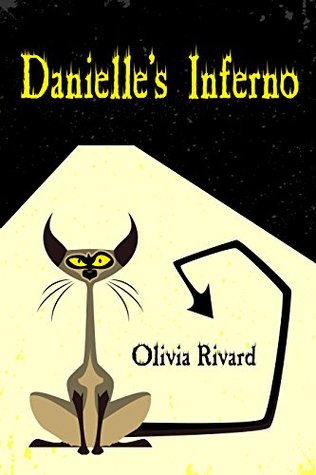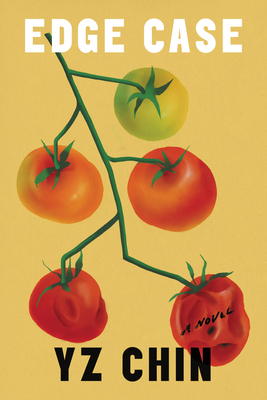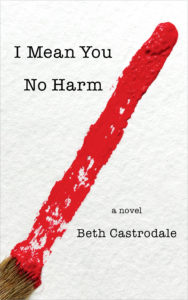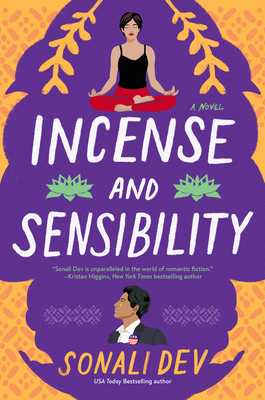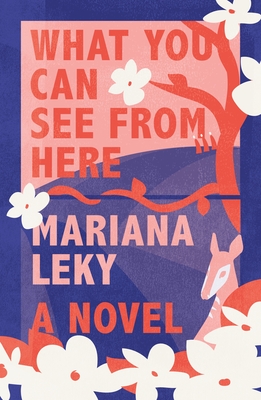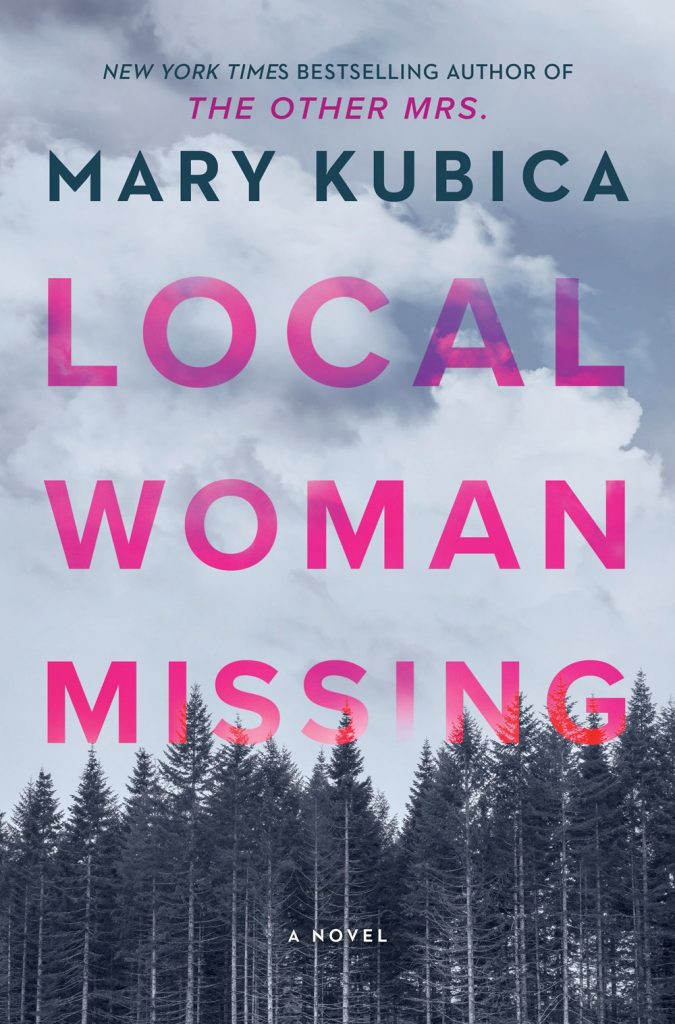This story opens with an omen of a village matriarch dreaming of an animal she’s only seen in photographs, setting everyone on edge, since this has always been followed by a death in the village. This is really her granddaughter Luise’s story, how she becomes a part of the larger world while staying in her village. Though foretold by the omen, the death comes as a shock to the entire village, tugging connections and shifting perspectives, grief overshadowing all. I love how the author infuses a little bit of magic into the story through the unusual perspectives, beliefs, and seemingly accurate superstitions. Leky’s characters are all laid out for the reader, since everyone seems to know everything about everyone else, and she lets us in on all the secrets. Though emotional, it’s easy to stand back from the story and see the whole picture. I was fortunate to receive this wonderful story from the publisher Farrar, Straus, and Giroux through NetGalley.

